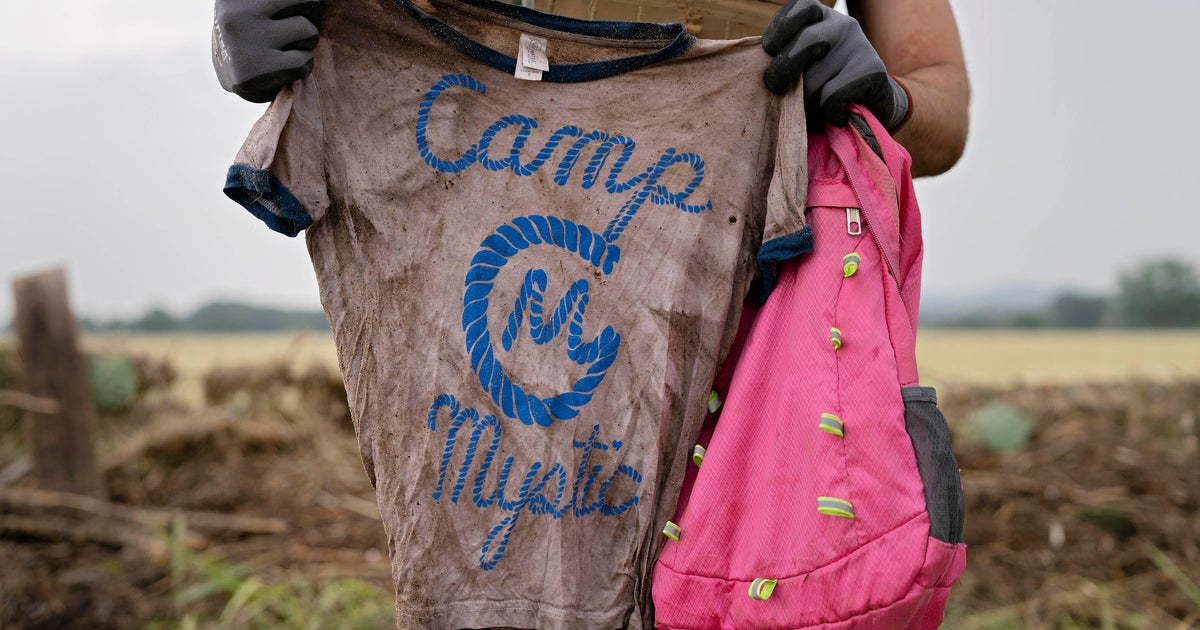Lithium Batteries Pose Danger To Young Children
NEW YORK (CBS 2) -- Parents know that babies are curious and almost everything they touch ends up in their mouths.
What most parents don't know is there's an increased threat from certain kinds of batteries found in items all over the house and many are well within a child's reach.
Cara and Terry George's faces light up when they think of their daughter.
"She was a beautiful, happy, healthy baby girl and she was and always will be our true joy," said Cara.
They endured crushing heartbreak when their daughter, Brenna, died at just one and a half years old.
It turned out she swallowed a lithium battery that caused chemical burn and led to fatal internal injuries.
"We scoured our house and we have no idea where it came from," said Terry.
Lithium batteries are the round type that you find in all kinds of household items.
"Bathroom scales, car remotes, remotes for your automatic garage door openers," said Colleen Driscoll of the International Association for Child Safety.
They are even in those musical greeting cards that children enjoy so much.
At least 13 children have died from swallowing lithium batteries and dozens more have been injured.
The International Association for Child Safety wants parents to be aware of the possible danger lurking in lithium batteries.
"Parents just don't understand the risk," said Driscoll.
The National Capital Poison Center recently completed a study that looked into eight thousand cases of batteries being ingested, some of which involved lithium batteries.
It found these round batteries pose much more than the typical choking hazard.
The researchers said the batteries can get caught in the esophagus and generate a current inside a child's body.
"It would be like dropping drain opener in tiny little drops into your child's esophagus," said Toby Litovitz of the National Capitol Poison Center.
The poison center gets calls involving battery ingestion each year. Now these calls are more serious than ever, with 13 deaths and 73 severe injuries.
Litovitz said the injuries are "So serious that they've ended up with breathing tubes, feeding tubes."
As a result, the poison center wants to see warning labels on products using lithium batteries.
"If there are more labels associated directly with that product then it's probably going to help," said Driscoll.
The poison center would also like to see manufacturers change the battery compartments.
"62 percent of children are getting batteries out of the product and they're doing that because the battery compartment isn't secure," said Litovitz.
Experts suggest parents tape the compartments that hold lithium batteries and keep items with these batteries out of a child's reach.
The George family wants to alert other parents.
"Our only hope is to save lives and if we can give one child his or her future and spare one family this unimaginable pain and devastation then we'll be doing something for her," said Cara.







